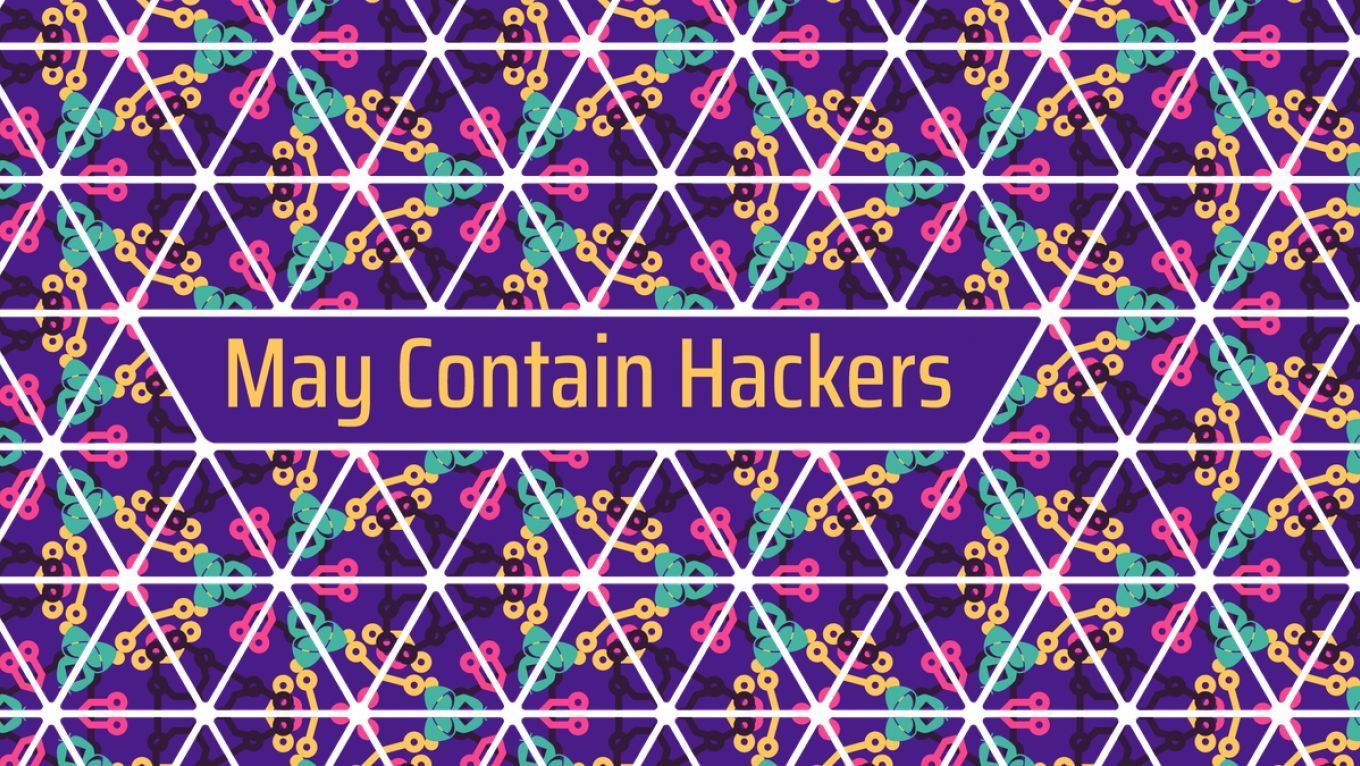MCH2022 Curated content
Ethics does not belong on the wall! Ethical framework for the use of location data
July 25, 2022
7:00 PM – 7:50 PM Add to calendar
7:00 PM – 7:50 PM Add to calendar
Clairvoyance 🔮
The use of data is accelerating, not only owing to increasing technical possibilities like AI and earth observation, but also as a result of crises such as COVID-19 and climate change which accelerate the deployment of data and technology. This is happening on a small and local scale, as well as on a large and global one. Precisely because these data are potentially personal, and its use is becoming commonplace, it is urgent to internalize shared principles for the responsible use of data to achieve greater common value, better data and better products. These are preferably intrinsic principles that guarantee the safety and privacy of people, our social values and human dignity. In this talk we discuss an ethical framework for the use of location data. Together with the crowd we will investigate several dilemma's in which location data play an important role. How far can you go? Which values are more important? These are the kind of questions we will present and discuss.
The ethical framework is designed for the use of (personal) location data.
How do we ensure that the technology we develop is at the service of society? How do we respect shared public values and the individual rights when developing applications made possible by location data? With the discussions that have erupted around apps for monitoring the COVID-19 pandemic, it is clear that the answers to these questions are not crystal clear.
The purpose of the ethical reference is to inspire data users, but also policy makers and decision makers to help them collect, use and apply personal location data responsibly. Location data are all data that show where people are located and how they move, whether or not they can be traced. This data can, for example, be collected via mobile apps.
In this talk we discuss the different values that are conflicting in the use of location data. We present several dilemma's and cases and will involve the public actively in discussing these dilemma's.
You can find a concept of the ethical framework at https://www.geonovum.nl/themas/geo4covid/ethical-framework
In our work looking for responsible use of spatial data we are working together with W3C: https://w3c.github.io/sdw/responsible-use/
Additional information
| Type | Talk |
|---|---|
| Language | English |
More sessions
| 7/22/22 |
⚠️ Warning! This talk may contain hackers. There may be hackers in the room. There may be hackers surrounding the room. There may be hackers recording this. There may be hackers listening in. There may be hackers that exfiltrate data. There may be hackers wearing shirts. There may be hackers carrying spying devices. OH NO! There are hackers EVERYWHERE! What can we do now, except having a party?
|
| 7/22/22 |
What do big tech, synthesizers, the crucifixion and Matthäus Passion have in common? Find the answer in the tech performance The Silicon Passion. We’ve all embraced big tech —but is it a warm hug or a strangulation? Bear witness to a debate of biblical proportions between tech nerds, technology and its users. In The Silicon Passion SETUP, in collaboration with de Transmissie (David Schwarz en Derk Stenvers) and Rodrigo Ferreira, is looking for a way out of the pit that technology has ...
|
| 7/22/22 |
Lightning talks are a 5 to 10 minute quick talk on an interesting subject. They can be with or without slides, and with or without proper preparation. if you weren't accepted in the main CfP, this is also a great opportunity to give an abridged version of your talk. These sessions will be available to sign up to later on, with details on the wiki: https://wiki.mch2022.org/Static:Lightning_Talks
|
| 7/22/22 |
In this workshop, we will learn how to assemble tiny parts on circuit boards by building an electronic touch-activated purring kitten. Anyone can do it. Yes, even you who never touched anything electronic before. Takes 120mins, 20€/kit, avoid caffeine immediately before. Max 10 participants per session, sign up on PAPER at the Hardware Hacking Area.
|
| 7/22/22 |
This is a submission for a keynote talk at MCH2022. The Internet is both a familiar, comfortable place as well as a bottomless rabbit hole you can lose yourself in. The Internet has always been like this from its inception, the difference now is the scale and consequences are almost immeasurable - and it tests the limits of human imagination. When you look into the mirror of the Internet what you see reflected back depends on what you are looking for. It has become largely a reflection of ...
|
| 7/22/22 |
Have you ever forgotten a passphrase or lost a hardware token? Lost access to enough Bitcoin to buy a pizza or two? Encryption is fundamental to securing our liberties, but key and password management remain difficult even for professionals, let alone the general public. This talk presents Passcrow, an Open Source project attempting to address one of crypto's largest usability issues: password and key recovery in a decentralized environment.
|
| 7/22/22 |
Thanks to DNSSEC and DANE, it is possible to automatically verify user@domain.name identities by checking with domain.name servers. The real problem however, is integration with existing protocols, instead of inventing something completely new and perhaps web-only. The purpose of our work on Realm Crossover mechanisms has been to design generic solutions that extend many different application protocols, without changing their protocol specs.
|

